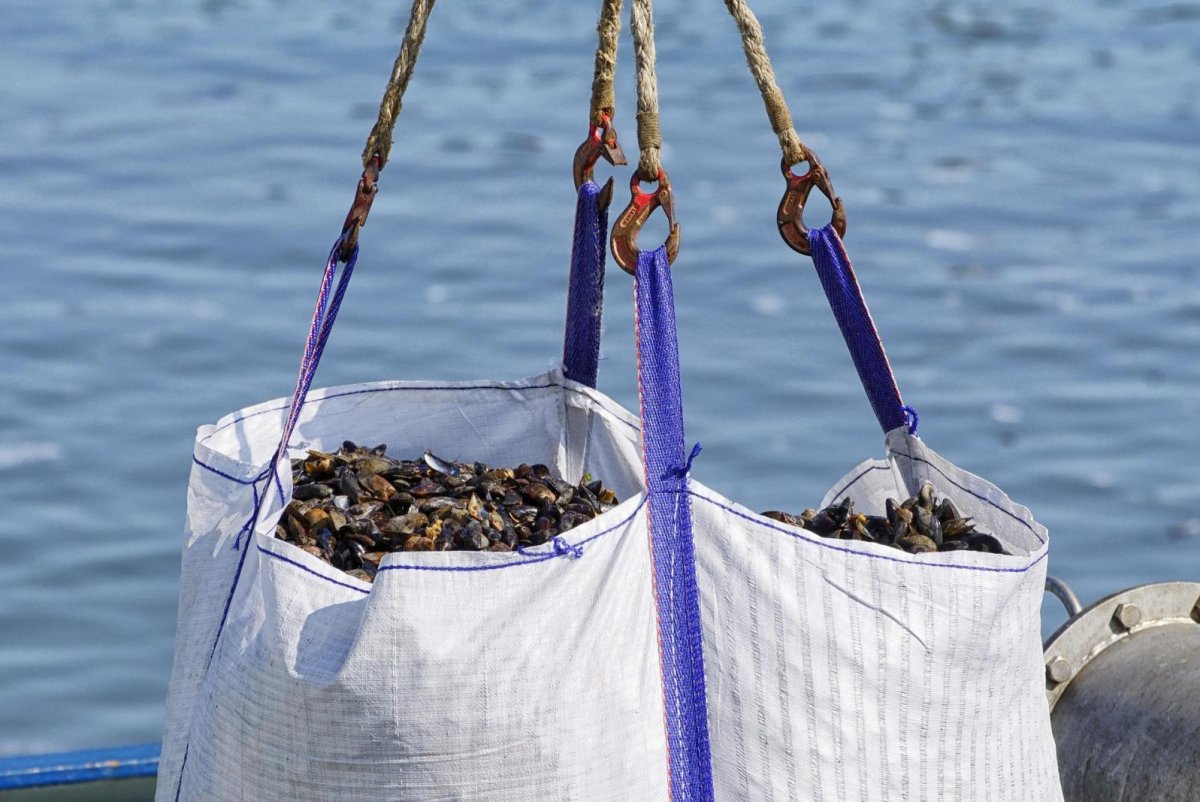Sept. 3 (UPI) — A Chilean study found that farmed mussels are undergoing genetic changes that help them adapt to their environments, improving their chances of survival.
The study, published in the journal Aquaculture, provides the first evidence of small-scale adaptive genetic differences in farmed populations of Mytilus chilensis, a mussel species native to Chile.
For the study, led by the Millennium Institute for Coastal Socio-Ecology, which brings together scientists from Chilean universities specializing in aquaculture and coastal development, researchers analyzed the genes of mussels from wild and farmed populations to compare their genetic makeup.
“We found genetic variants in farmed mussels that do not appear in wild populations,” institute researcher and lead author Charel González told UPI. She worked on the study with Pilar Haye, Bernardo Broitman and Nicolás Segovia.
“These variants appear to be linked to immune response, structural defenses and tolerance to environmental variability — traits that could be particularly important in the high-density conditions of aquaculture,” González said.
In the case of wild mussels, González said they show high genetic diversity, “necessary to respond to current and future environmental changes.”
However, experts warn that this genetic differentiation could affect the species’ diversity and ability to adapt, creating risks for the industry.
Mussel farming drives jobs and economic growth in southern Chile. The country is the world’s second-largest producer and exporter of mussels. In 2024, the industry exported 400,000 tons to more than 60 countries, mainly Spain, Italy and Russia.
Camila Barría, head of research, development and innovation at the Chilean Mussel Farmers Association — which represents small, medium and large producers — said both wild beds and farmed stocks are important to the industry.
The stock from wild beds is vital for supplying mussel seed, while farmed stocks are produced for industrial processing.
Climate impacts such as declining water pH and rising ocean acidification reduce the availability of calcium carbonate in seawater, which can weaken the shells of adult mussels and increase the number of discards.
Another concern is fluctuating seed availability in wild beds, Barría said, which may stem from multiple factors that have not yet been studied.
For that reason, the industry is promoting scientific research to better understand the reactions of this species in the context of climate change.
Producers have also worked to mitigate — at least locally — the effects of climate change through projects focused on energy management, carbon footprint, water efficiency, waste management and clean technologies.
